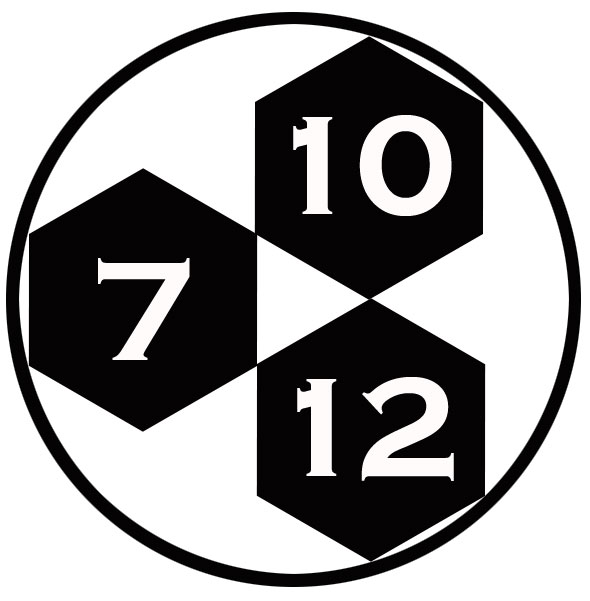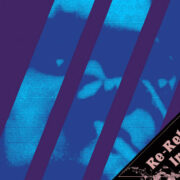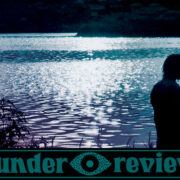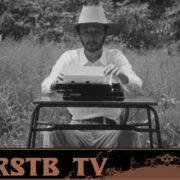Jacks – Vacant World 

In the crush of Japanese reissues that have worked their way out over the past few years Jacks have largely been left out of the conversation in favor of the harsher psychedelics and the American acolytes that skewed toward the softer side of the ‘70s. Its fair to say, though, that this album is a nexus of everything that came before and after in the Japanese underground. The comparisons to the Velvet Underground, at least as a band that launched a hundred others is apt, although there may be more than a few similarities sonically as well. The band brought a darkness to the Japanese scene that had been sorely lacking in a lot of copycats of upbeat US and UK pop.
While it’s styled a bit after the psychedelic bands that were legion in 1968, Jacks lean towards a gloom-drenched vision of pop that’s framed in their creeping compositions. Take for example the album’s title track, a cut that was reportedly banned from Japanese radio at the time. The track isn’t weighed down with political commentary or cultural critique, but the track explores death, or the illusion of death to the narrator. Perhaps the themes were too macabre for the mainstream. The rest of the album follows suit, pairing nimble strums and the occasional wash of fuzz guitar with Takasuke Kida’s washes of flute and the steady pulse of Hitoshi Tanino’s upright bass, again finding the band in the murky waters between psych-pop and jazz like their oft-compared American counterparts. The band also tugged in a bit of surf with the use of tremolo and cavernous reverb, but their version was far from the Californian shores and perhaps even further from the sunshine.
Unlike a group like Happy End, the members didn’t splinter and all take up an arm of pop’s future, but in their two year run it seems that most of the ‘70s crop. However, notably, after guitarist Haruo Mizuhashi left the group, he was replaced by Hiro Tsunoda for the band’s second album who would do time in a wide cross-section of bands including Flied Egg, Food Brain and Strawberry Path. The rest of their influence could be felt as the folk bands turned harder and darker over the next few years, with the aforementioned Happy End feeling like the most prominent heirs to their mindset. Long a bootlegged album, its nice to see Mesh-Key picking up the first official reissue, remastered from the original analog tapes.
Support the artist. Buy it HERE.










